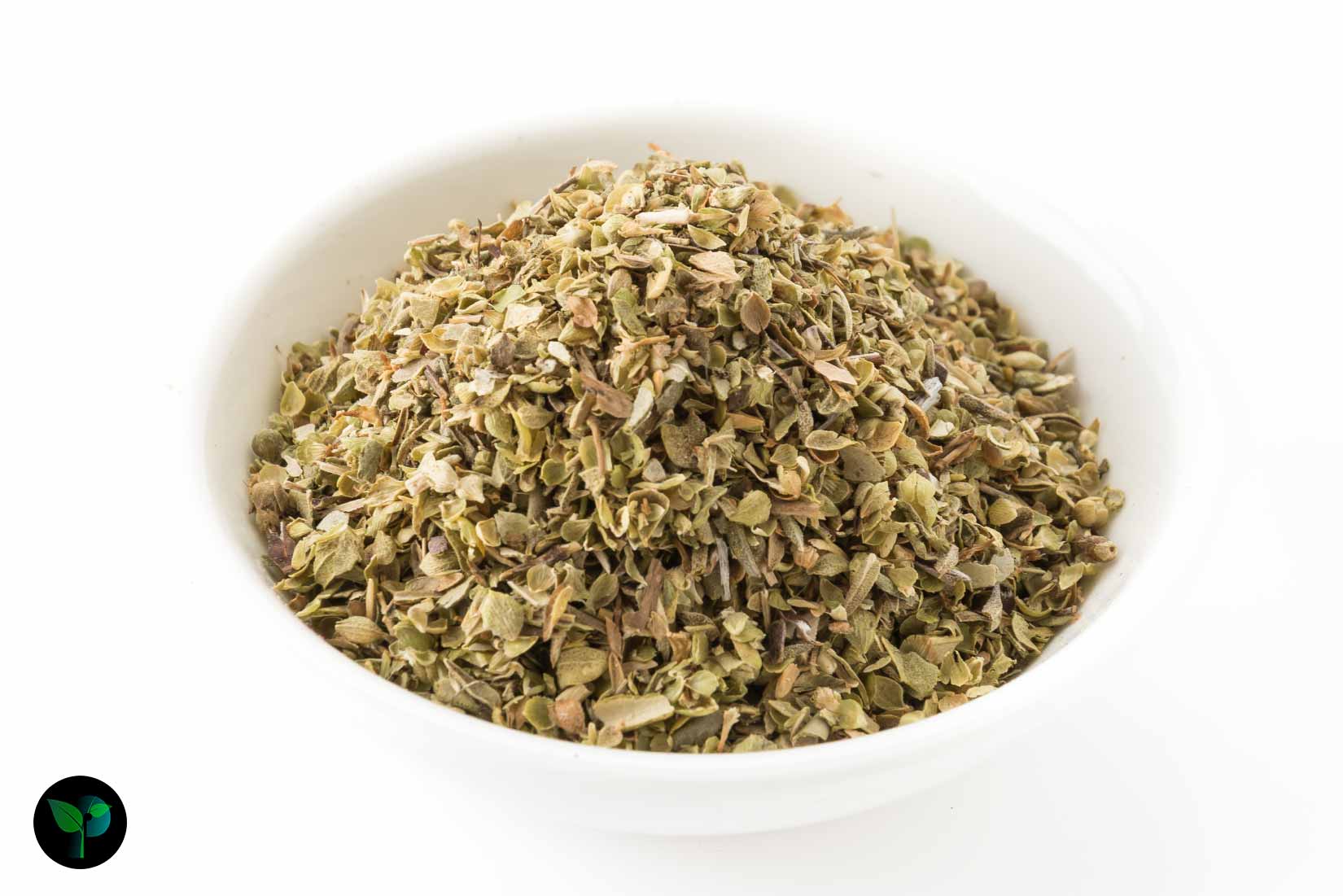The usefulness of plants has never been absent from human history. The history of using medicinal plants as an inseparable part of human life dates back to the dawn of human existence on Earth. In this post from Plants Folder, we would like to delve into the valuable plant called “Thymus.” If you’re interested in learning about the amazing properties of this plant, which are summarized from scientific research in the fields of botany and traditional medicine, please stay with us.

History and origin of the plant
Thyme, scientifically known as Thymus vulgaris, is a plant belonging to the mint family. This plant has approximately 350 species and is native to the eastern Mediterranean region, preferring warm and dry climates. Thyme is a short, perennial herb that ranges in height from 20 to 50 centimeters. Its small and beautiful flowers, with white and purple colors, also attract bees for pollination.
Properties
Thyme is used in various industries such as food, pharmaceutical, and cosmetic industries. In this section, we would like to discuss some of the remarkable properties of this versatile plant.
Disinfection
The thymus contains significant amounts of thymol and carvacrol. Thymol possesses antiseptic properties, while carvacrol has antibacterial properties. Research conducted on this plant has shown that the antimicrobial compounds present in the thymus significantly impact eliminating many bacteria, fungi, and viruses. However, please keep in mind that if you intend to use thymus as an antiseptic, it is advisable to consult a physician or herbalist who can assist you based on your specific circumstances regarding the dosage and method of oregano consumption.
Expectorant
The next property of thyme that is very interesting is its expectorant properties. This plant has compounds such as tannins and flavonoids, which have expectorant and anti-inflammatory properties. Tannins and flavonoids help to loosen mucus from the respiratory tract and prevent airway obstruction.
Sore throat and cough relief
We said that thyme has antibacterial and anti-inflammatory properties. It is good to know that sore throat is often caused by inflammation in the throat. Thyme reduces this inflammation, which helps to reduce sore throat. The thymol in thyme, with its antibacterial properties, helps to reduce the infectious causes of infectious coughs.
Reducing bad breath
The use of thyme as a natural mouthwash has been of interest to people for centuries. Bad breath is often caused by the presence of bacteria that decompose food residues in the mouth or gum inflammation. In both cases, thyme with its antibacterial properties helps to reduce bad breath. It is important to note that thyme is a temporary solution to reduce bad breath, not a cure. The best way to reduce bad breath is to practice good oral hygiene and visit a dentist for regular checkups.
Calming
The calming effect of thyme is due to the compounds it contains. Thyme contains linalool and terpenes. Linalool is a type of natural alcohol with calming properties, and terpenes have anti-anxiety properties. These two substances, together, make thyme a calming herb. The very pleasant smell of thyme also directly affects the spirit of people and creates a sense of calm in the individual.
Effects on skin and hair
Acne and blemishes on the skin can be annoying for many people. Brew thyme and let it cool. Strain it into a spray bottle and spray it on your skin twice a day and enjoy its amazing effects. You can also use thyme spray to control hair oiliness. This spray, in addition to stimulating hair growth and preventing hair loss, also makes your hair shiny. It will also prevent them from breaking. Simply apply thyme oil to the scalp and hair shaft before showering for healthier and shinier hair. For hair oiliness, you can also add a few drops of thyme essential oil to your regular shampoo or conditioner.
Contraindications of thyme
We have learned about the properties of thyme so far, but it is important to know that thyme is also harmful to some people, as we will mention below. But before we go to specific groups, we should know that excessive consumption of thyme (more than 5 grams per day) can cause upset stomach, muscle cramps, headache, and dizziness in ordinary people as well.
Who should not use thymus?
-
People with hypothyroidism or hyperthyroidism
According to research conducted by German researchers on thyme, it was found that this plant can interfere with thyroid function by affecting the pituitary gland.
-
People with allergies to mint family plants
Thyme is a member of the mint family. Other plants in this family include oregano, rosemary, basil, and celery. Allergies to any of these plants can be a sign of allergies to other plants in this family as well.
-
Children under 10 years old
Thyme is not recommended for children under 10 years old because it can be harmful to their developing bodies.
-
Pregnant and breastfeeding women
Thyme is not recommended for pregnant and breastfeeding women because it may have adverse effects on the fetus or infant.
How to use thyme?
You can use thyme leaves both dried and fresh. Thyme is a great aromatic herb for flavoring your food. You can add it to various meats, poultry, and soups and enjoy its wonderful aroma and flavor. When using dried thyme, add it to the dish early in the cooking process to allow the flavor to develop. When using fresh thyme, add it to the dish towards the end of the cooking process to preserve its flavor. But there are other ways to use thyme as well, which we will discuss in the next section.
Thyme tea
Ingredients:
- 1 tablespoon thyme leaves
- 2 cups boiling water
Instructions:
- Add the thyme leaves to the boiling water.
- Cover the pot and let it steep for about 10 minutes.
- Strain the tea and enjoy it with sweeteners such as honey or sugar.



Leave a Reply